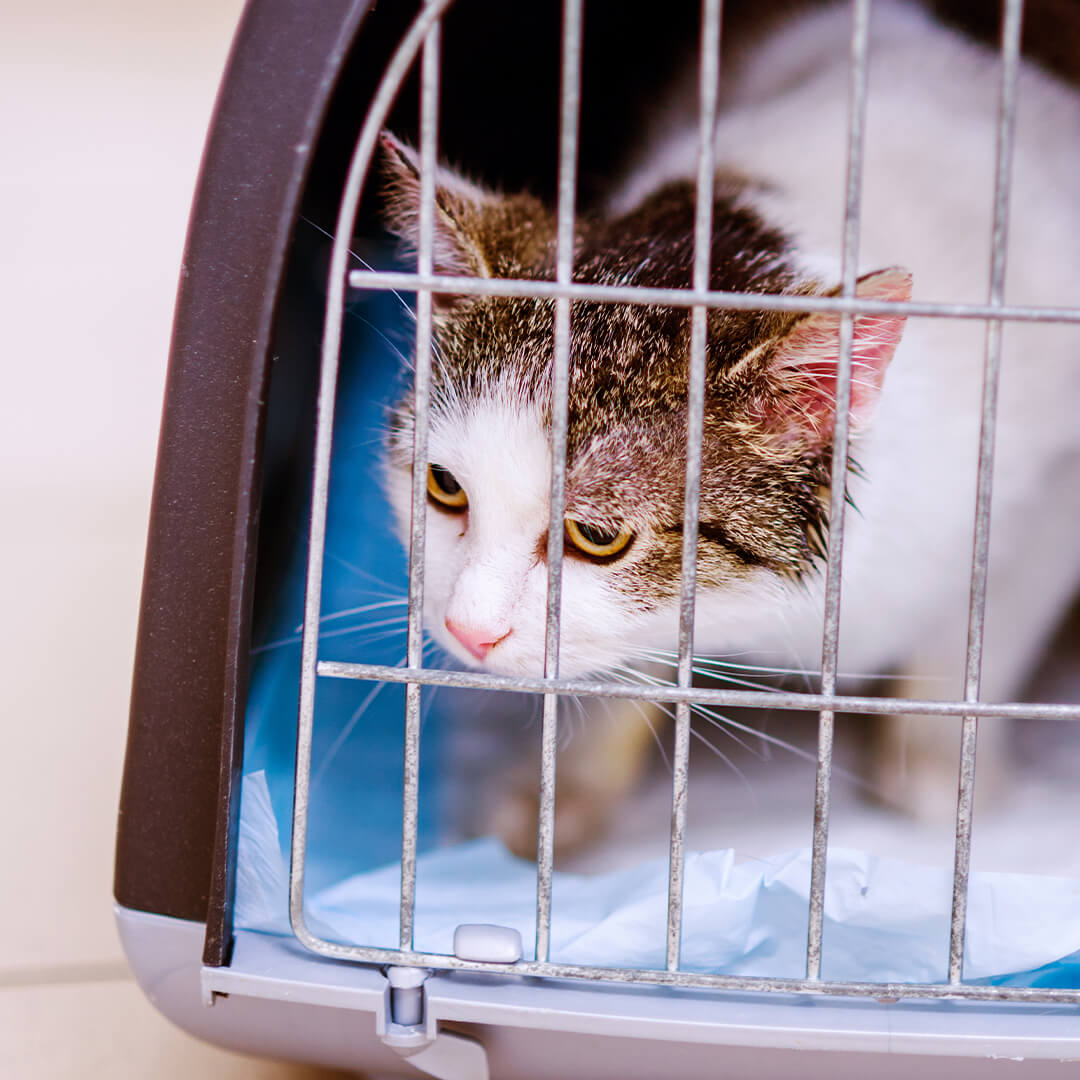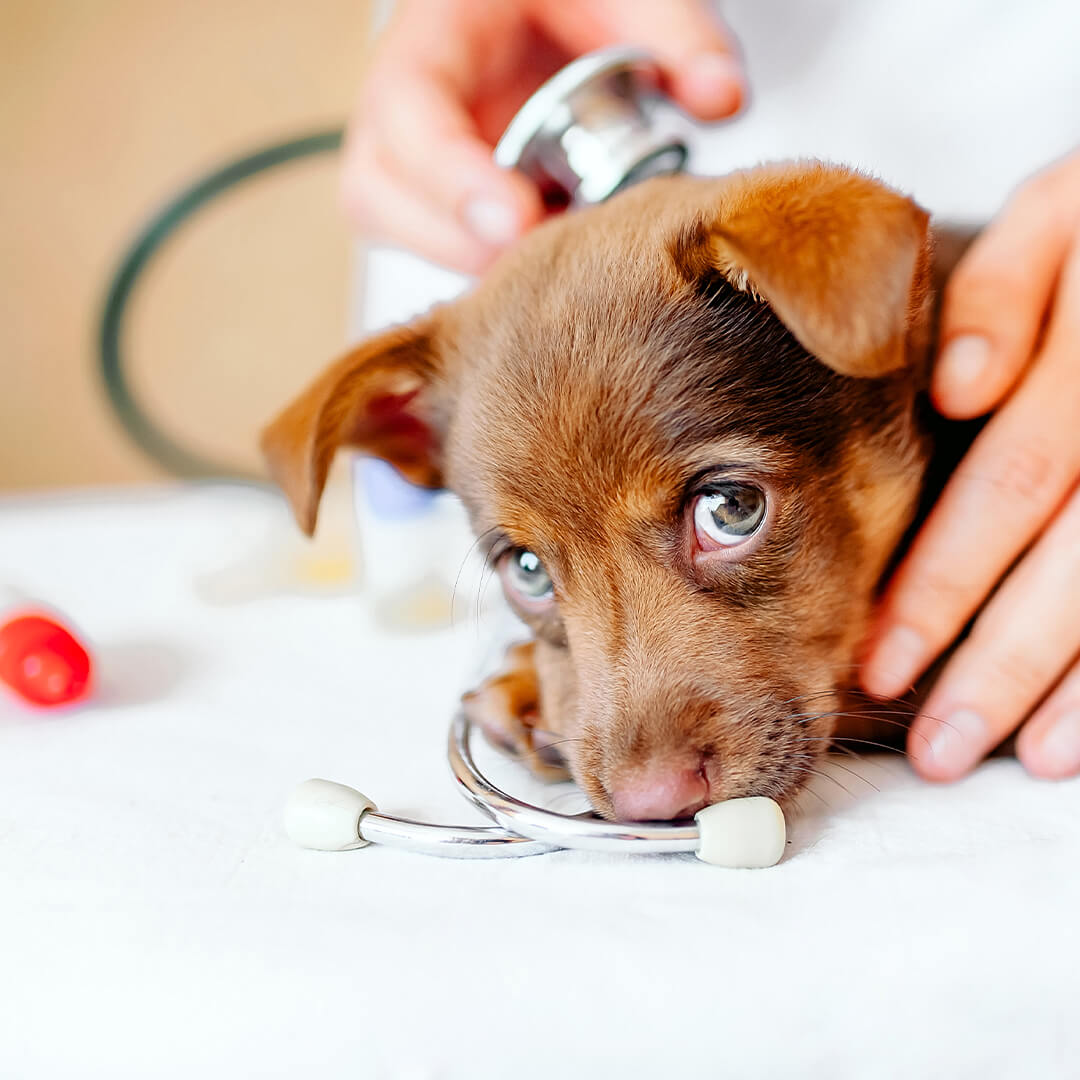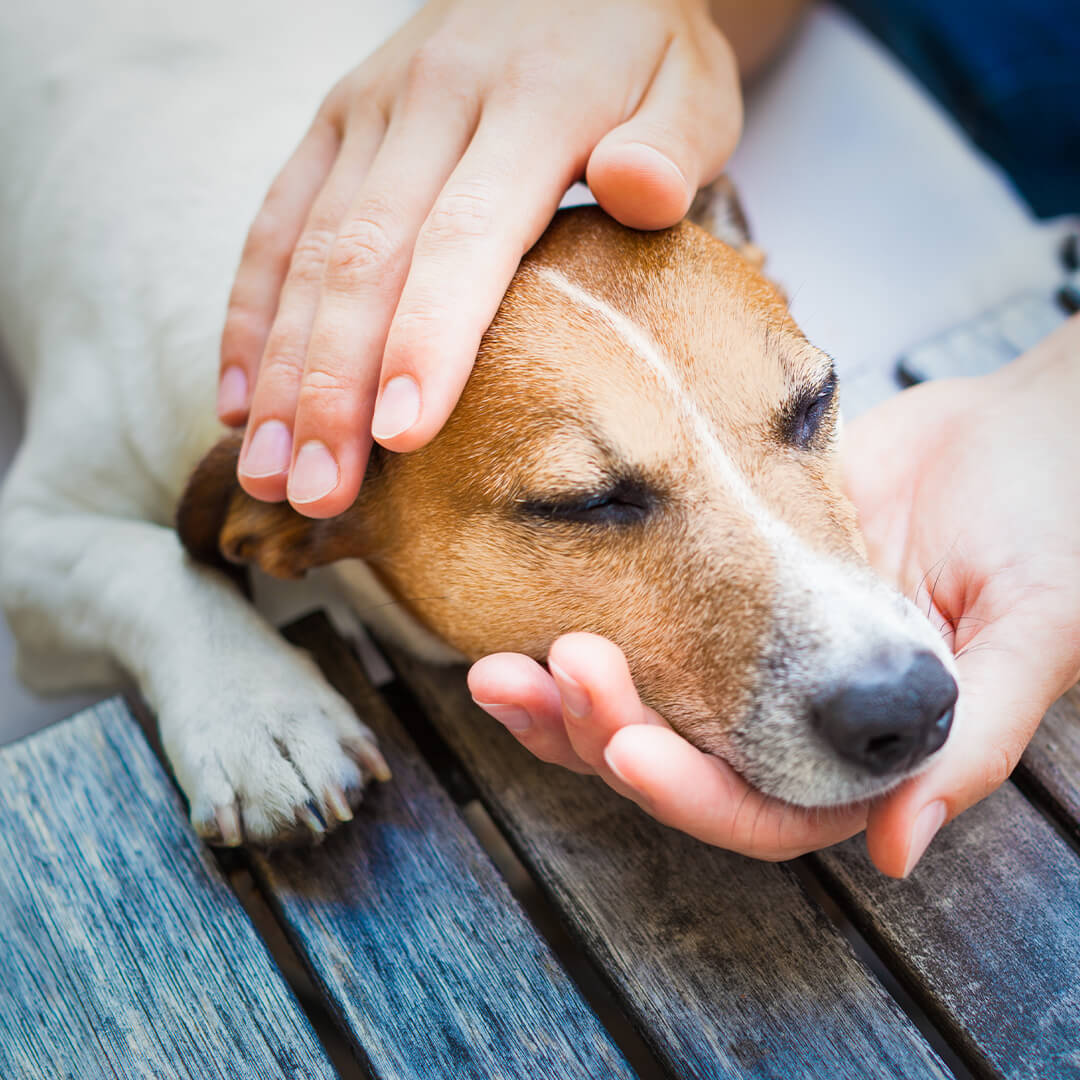As a pet owner, there are few things more stressful than realizing your pet is in need of immediate care. Whether it’s a sudden injury, a serious illness, or an unexpected reaction to something toxic, knowing how to act fast can make all the difference. In this article, we’ll walk you through how to handle emergency situations and when it’s time to call an emergency vet or head to an animal emergency hospital for urgent care.

Recognizing a Pet Emergency
The first step in an emergency situation is identifying when your pet needs urgent care. Common signs that indicate your pet may be in crisis include excessive vomiting, difficulty breathing, limping or inability to walk, seizures, or visible wounds. Other symptoms to watch for include lethargy, blood in urine or stool, or an inability to wake from sleep. If your pet is in obvious pain or distress, it’s important to act quickly and get them help as soon as possible. Knowing the signs of an emergency will allow you to assess the situation and take immediate action.

When to Call an Emergency Vet
Even if your veterinarian isn’t open 24/7, many emergency animal hospitals are available during evening and weekend hours to handle critical situations. If you’re unsure whether your pet’s condition warrants an emergency visit, don’t hesitate to call the clinic or an emergency vet for advice. Many veterinary hospitals have an after-hours emergency phone service that can help you determine if the situation requires urgent attention. In cases of severe trauma or signs of poisoning, it’s essential to call ahead and let the veterinary team know you’re on your way, so they can prepare for your arrival.

Preparing for the Emergency Visit
When an emergency occurs, it’s easy to feel overwhelmed, but staying calm and prepared can help. Before heading to the animal emergency hospital, make sure you have your pet’s medical records, including any relevant history, medications they’re on, and details about the current symptoms or injury. If you’re uncertain about what’s happening, provide the veterinarian with a detailed description of your pet’s behavior, any changes in their routine, and any possible exposure to toxins, like plants or chemicals. This information will help the emergency team provide the most effective care possible.

Handling Aftercare and Follow-Up
Once your pet receives emergency treatment, your veterinarian will discuss the next steps and recovery plan. Depending on the condition, follow-up visits may be required, and your pet may need medication or restricted activity. Be sure to monitor your pet closely for any changes in their condition after the emergency visit, and always follow the vet’s instructions to ensure a smooth recovery. If you notice any new symptoms or worsening conditions, don’t hesitate to contact your vet again for further guidance.
Keep the contact information for your local animal emergency hospital handy, and don’t hesitate to reach out if you believe your pet’s health is at risk. The faster you act, the better the outcome for your furry friend.


